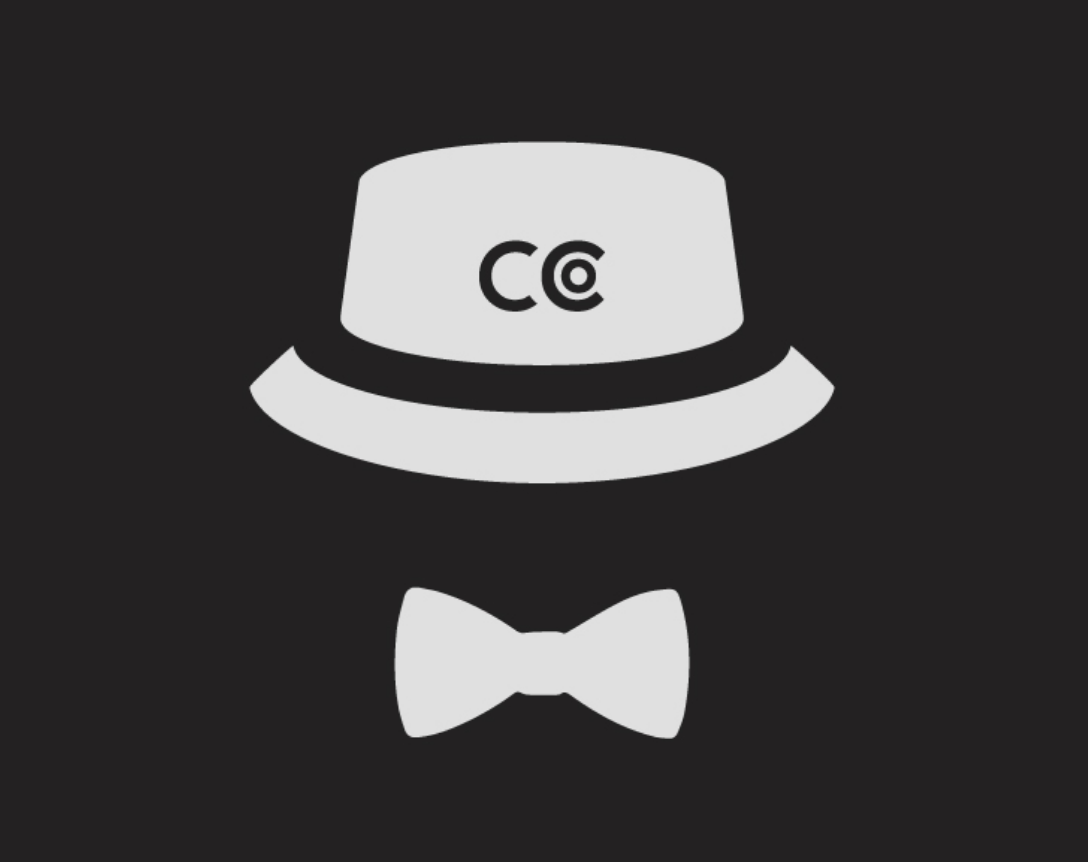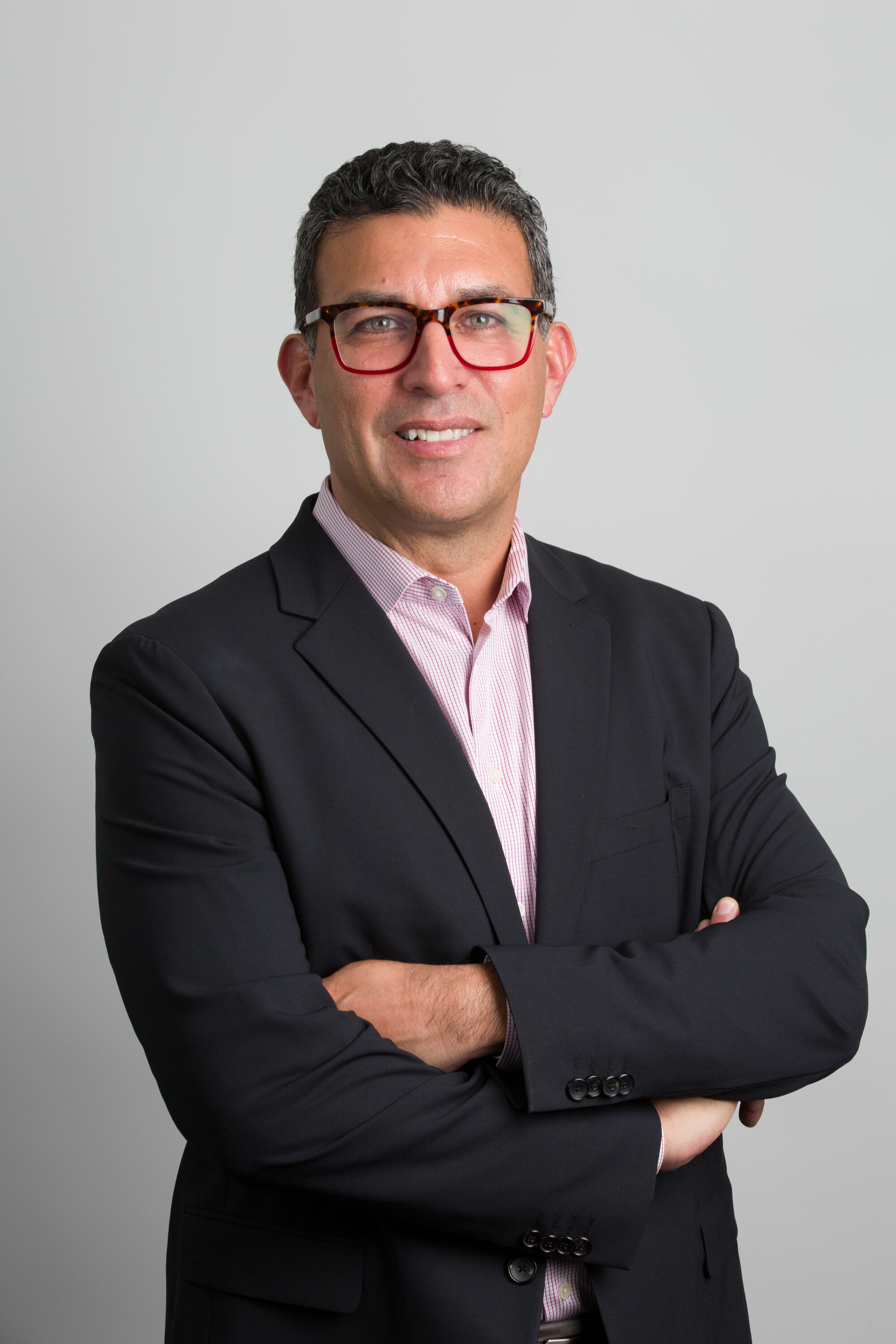Official Caddying Story: Eddie Melendez
Eddie Melendez is the president of local media for Entravision. Before joining Entravision, he spent a decade in various sales management positions with Galavision, Telemundo and Univision. Eddie began his broadcast media career with Katz Television, the nation’s largest rep firm, before joining Tribune Broadcasting’s KTLA-Los Angeles local sales team. The first in his family to attend college, he graduated from the University of Kansas with the help of the Evans Scholarship Foundation. Now a member of the National Association of Broadcasters Television board, Eddie got his start working as a caddie in Los Angeles.
At which golf course did you first caddie, and how old were you when you started?
I first started working at Bel-Air Country Club when I was about 12 years old but didn’t begin caddying until I was about 14. They started me out shagging balls for Mr. Merrins on the 17th fairway. I’d also forecaddie in big tournaments, like the Swinging Bridge, usually on hole 10. All day, I’d watch guys try to hit over the ravine, eat as many hot dogs as I could stuff down my mouth, and get paid for it! I was in heaven.
Why were you compelled to become a caddie?
I started caddying for one reason. My dad was a caddie at Bel-Air. His name was Eddie Melendez Sr., but everyone knew him up there as “Eddie Mel.” He and his brothers started caddying there in the 1950s as teenagers. He stayed with it his entire life and became kind of a legendary “A” caddie.
I was the oldest of three kids, and when my parents were expecting me, a member helped my dad get a job with Garrett AiResearch upholstering airline seats so that we’d have health insurance and a steadier paycheck. He ultimately worked for them for over 40 years as his “weekday job,” but he still caddied at Bel-Air on the weekends since it paid so well. However, that meant that he was always working and not around much, so as soon as I was old enough, I asked him to get me a job at the club, in order to spend more time with him.
The catch was that he wouldn’t let me caddie until I got bigger. Back then, the golf bags were gigantic. They’d be stuffed with six pairs of shoes and god knows how many dozen golf balls. They weighed a ton. My dad was a big, burly guy that people didn’t want to cross and told the caddiemaster, “I don’t want to see my son carrying a golf bag.” So I forecaddied for a couple of years until I got a chance to caddie.
Take us through your first day on the job, who was your first loop?
Well, the caddie yard at Bel-Air isn’t really a place for young kids. It’s all grown men, and there are a lot of characters in there. Actually, it was a stark contrast from when, later in college, I’d shoot over to Kansas City and catch a loop once or twice a month. At most yards, there’s a lot of kids; it's just like the movie Caddyshack. And as Evans Scholars, we were kind of celebrities, and members would want us on their bags. Since I was an Evans Scholar from Bel-Air, they wanted me out there even more, so they could hear about the celebrities I’d caddied for back in LA.
But after a couple of years of forecaddying at Bel-Air, they were comfortable with me carrying at least a single. So one day, they called my name on the speaker and told me to grab so and so’s bag. It was just a single, caddying for a 40 handicapper, but I didn’t care. I was just excited to finally see the rest of the golf course! The member’s name was Ed George, and there could not have been a nicer guy in the world. When we reached the 12th hole, he had just grabbed a drink from the snack shack and walked back over to me. Mr. George asked, “Are you Eddie Mel Jr.?”
Me: Yeah
Mr. George: Your dad is Eddie Mel?
Me: Yeah
Mr. George: Does your dad still work for Garrett AiResearch?
Me: Yeah
Mr. George: Has your dad ever told you how he got that job?
Me: Nope
Turns out it was Mr. George, so my first loop was the guy who had gotten my dad a job, in anticipation of my being born.
What was the biggest mistake that you made during your caddying career?
I never really enjoyed working for people who took the game too seriously. It always made me anxious. I won’t say mistake but a missed opportunity was that I should have introduced my son to caddying or even pushed him into it. I was the first person in my family to attend college, so I wanted to give my kids all of the things that I didn’t have. So it wasn’t that he needed it financially but the experience of caddying is way more than the money. It was about meeting the people. As a parent, I can tell him things all day long but if someone else does, they’re more likely to listen. In hindsight, I should have been more insistent that he look into it and consider doing it.
What did you most enjoy about caddying?
As a young kid, a teenager growing up in LA, I’d come back with 50 or 60 bucks in my pocket. That was great money back then. I also enjoyed the camaraderie both with the members and also with the other caddies. I mean, “Tom E” was a nutjob; they were wild. But they were also incredibly skilled at their jobs. New York Mike was an amazing caddie. These guys knew every tree, every rock, and every yardage, in the days before rangefinders. They knew the members so well, knew their games better than they did.
And when pro golfers would come out with their own caddies, I got to see a new level of excellence. They were telling their guys to hit it on this side of the fairway in order to attack that pin position. Meanwhile, I was just trying to get my guys to hit it fucking straight!
Tell us about some of the people for whom you caddied, did any of them contribute to your career in a meaningful way?
There are many, but things really changed for me when I met a guy named Win Eubel, “The Commander.” We got to know each other through my caddying for him. He was a loud, flamboyant dresser, often winning the best dressed award at the club. His regular group was full of media guys, like John Sutton who ran KCBS. That became my regular loop every weekend, from 8th or 9th grade all the way through high school. On Friday and Saturday nights, The Commander would call my house and tell my mom what time they were playing the next day. She’d post the time on the fridge, and I’d get up there each morning about 30 minutes beforehand. I took care of the entire foursome in one cart, two bags in back and two in the front. Over time, these guys became second fathers to me. They even gave me money for my grades. It was $5 for A, $3 for a B, and I had to give them $5 back for a C. My parents never asked me about my grades, but these guys were all over it. I couldn’t fathom giving them a bad report card and did well in school. They took an interest in me, very intent on what I was studying and into. But they were so respectful about it with my parents, even asking my dad if it was OK to mentor me. My dad was so moved and fully onboard.
I had just thought of caddying as a weekend job until a guidance counselor pulled me aside the second semester of my junior year at Culver City High School. I thought he was kidding when he asked me about my college plans. It had never been on my radar, and I never thought that my family could afford it. But upon learning that I was a caddie, he informed me about the Evans Scholarship Foundation, and we realized that I met all of their criteria. Once The Commander got wind of this news, he and another very important member in my life took over and made sure that I was going to win that scholarship. That other member was Dana Anderson and his wife Sue. Dana, a proud Kansas alum and big booster, is the reason that I wound up in Lawrence for college.
To this day, both of them are like family and a big part of my life. The Commander was at my dad’s funeral, and I spent this past Christmas morning with him. We’re still very close. Dana teared up at my college graduation. He always knew that his kids would graduate from college, but I was a different story. He was so thrilled to help make it happen. We’ve been able to work together in resurrecting the Evans Scholars program at Kansas over the past few years.
What was the biggest lesson that you learned from caddying that helped you succeed as you progressed in life?
Caddying opened the world to me. It showed me what was in reach, that I could go to college. It showed me that I could graduate and get a job. I never would have thought that without the members telling me it was possible. And then, they kept pushing me further, saying, “You already did that. Now you can do this.” It taught me to dream bigger and be curious.
At the same time, my dad would remind me when we’d drive home that those members put their pants on like you and I - one leg at time. Regardless of their incredible wealth and power, they have problems just like we do but maybe just more magnified than ours at times. No one is immune to issues with family and health. Money doesn’t buy everything.
If you could nominate one former caddie who went on to enjoy success, whose Official Caddying Story would you like to hear?
There are several from my days at Kansas, but one that jumps out is Mike Connolly. He was hardworking and incredibly focused from day one. He was one of those no doubters. Mike now works for a big advertising agency in Chicago.


